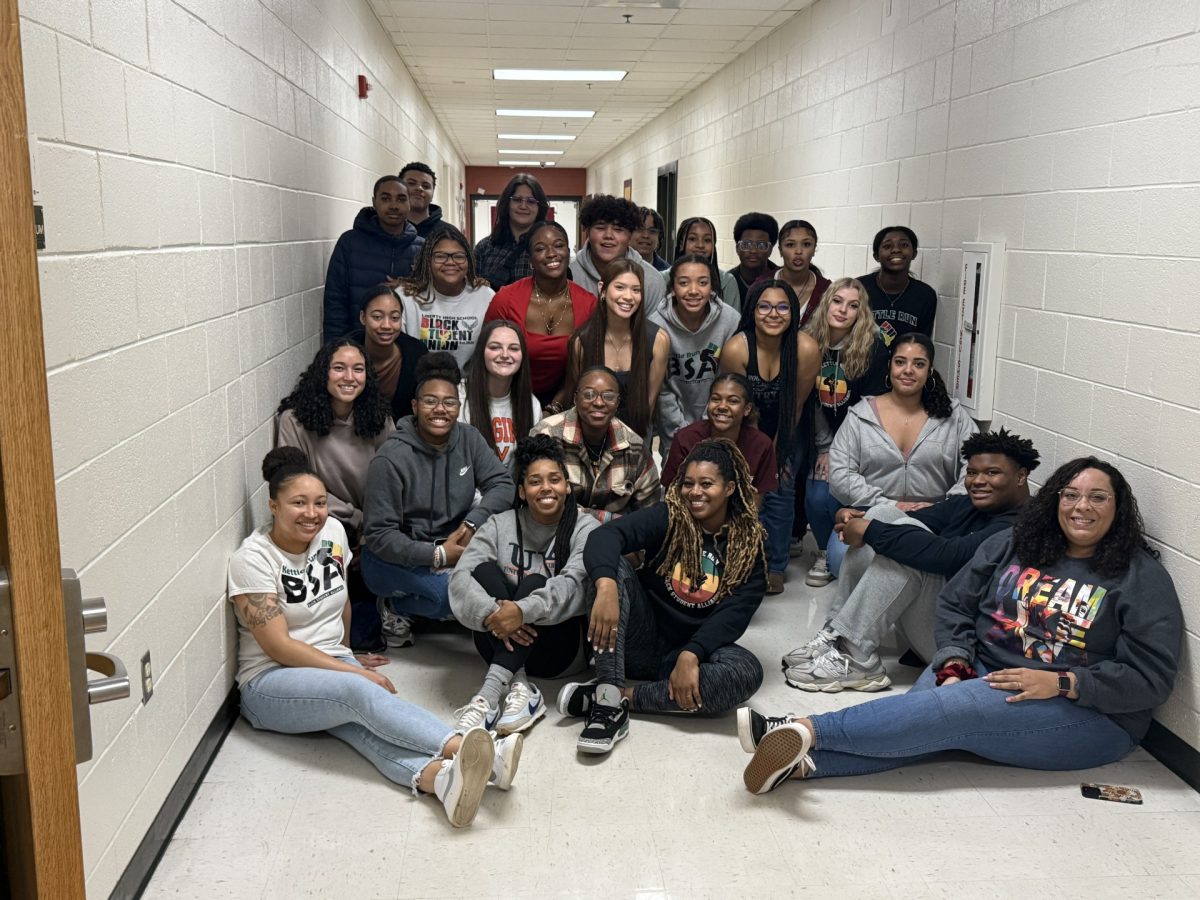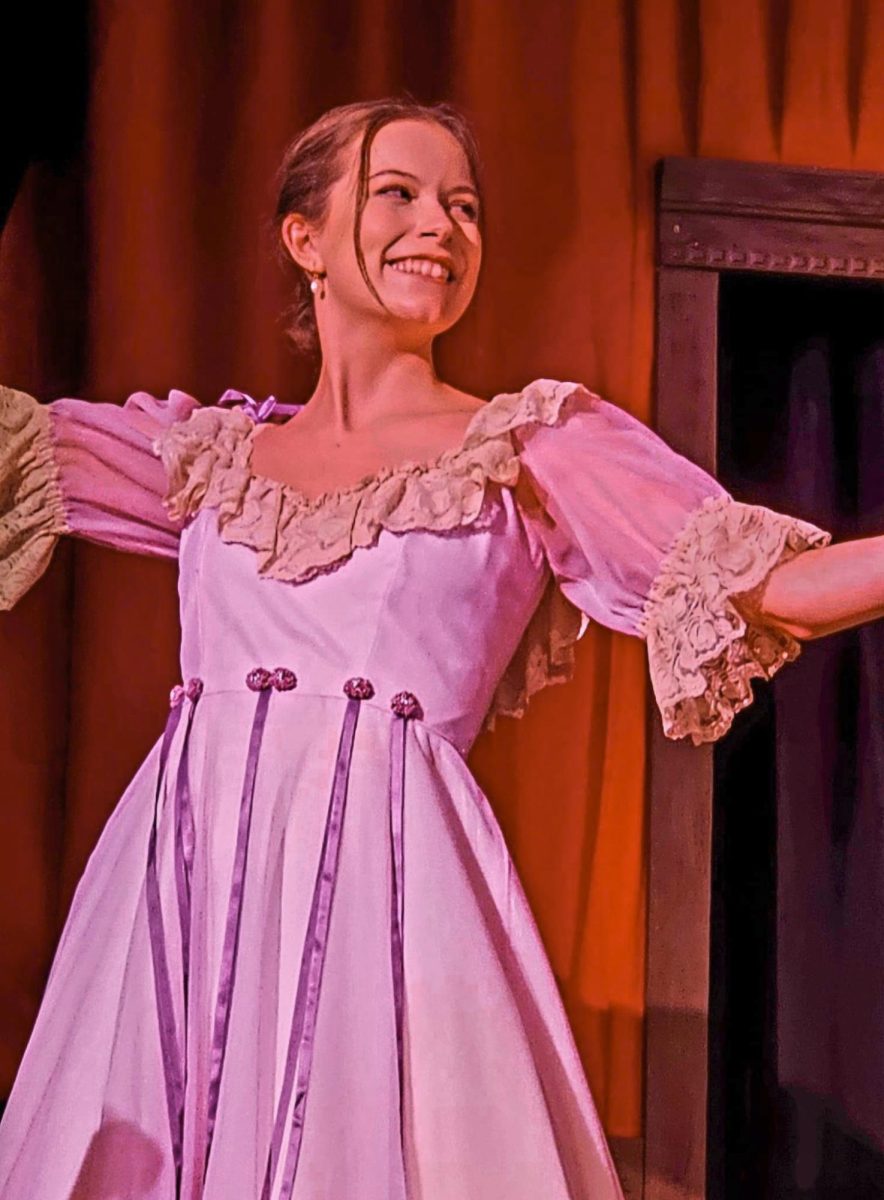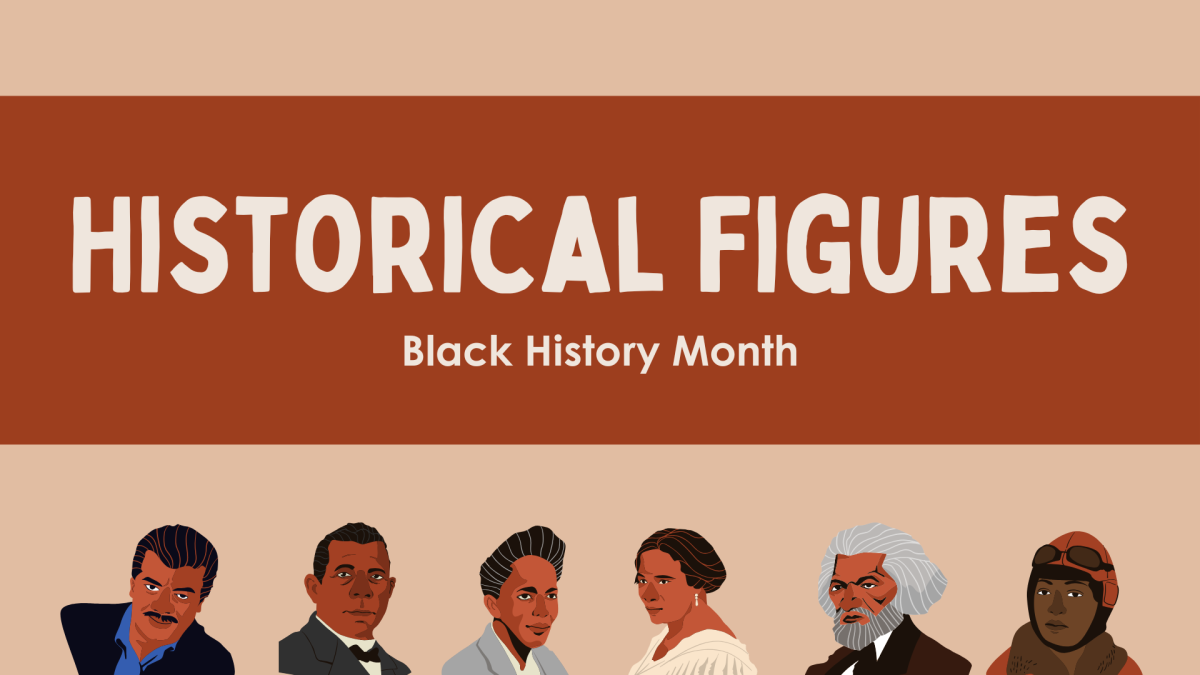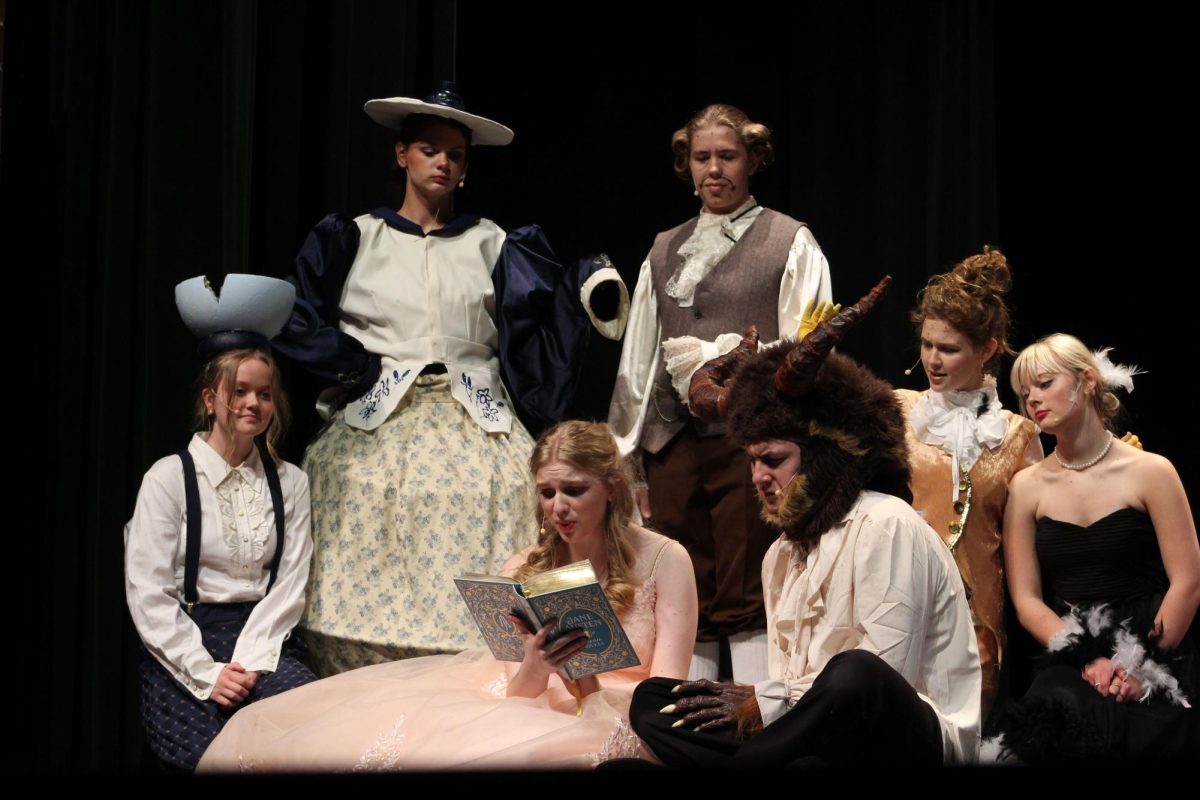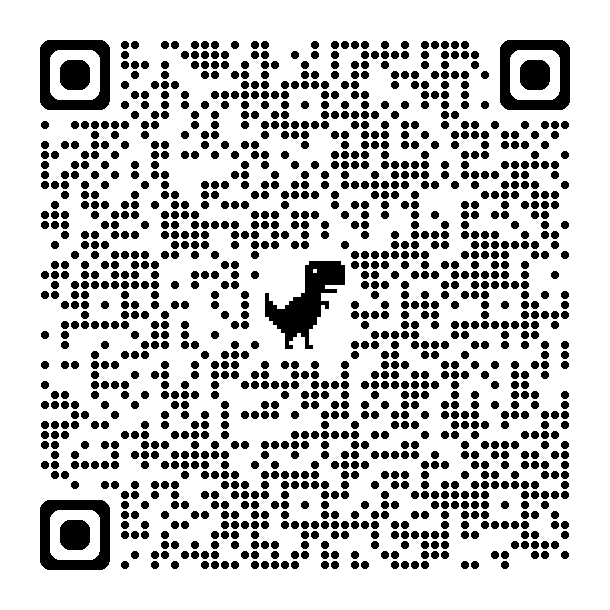Covering Controversy in the Classroom
Teachers who incorperate sensitive topics in class discuss their approach.
December 6, 2018
In a time where ignoring the news is difficult, teachers explain how they approach covering controversial topics in the classroom.
Current events have always been a point of discussion, but social studies teachers working in the modern political climate, are having to either work with or around these relevant topics.
AP Government teacher, Michael Maddox, has been teaching at Kettle Run for the past 3 years. His approach to covering controversial topics in class comes from the idea that they are a benefit to understanding the subject.
“The nature of a democracy is that citizens will disagree,” Maddox said. “The reason why the Framers of our constitution included the 1st Amendment in the Bill of Rights was to ensure that members of society had an opportunity to voice their concerns and, equally, to hear the views of others. I endeavor to engender the type of environment in my class room that will prepare students to be responsible participants in their society. Ideally, this means that they will inform themselves about issues that are important to them, open their mind to the views of others, and respectfully offer their views as well. Ultimately my goal is to encourage students to think critically about the public policies that impact them and for which, ultimately, they are responsible.
AP Government student, Joseph Rowell, has experienced classes in which teachers are both willing to allow controversial discussions and those who have not.
“I have had teachers who talk about controversial subjects and those who don’t,” Rowell said. “Personally, I think there is a big learning advantage lost if teachers limit this type of discussion, but I also understand why some may not want to cover those topics such as immigration, health care, and other government related, modern topics.”
“I’m open to talking about controversial topics, but I try to prevent discussions from getting out of hand,” AP World History teacher, Michelle Cooper said. “I like to play devil’s advocate with topics where there are strong opinions. Understanding both sides of every topic is important in developing a well-informed opinion.”
Chad Wright, World History II teacher and Model UN Advisor, discusses why he chooses to cover current events in his classes.
“From a student perspective what is relevant (current) is what matters,” Wright said. From a history teacher perspective what is relevant (current) is what matters, however, what is relevant has a past. Our job as learners of history is to understand the past so we can understand the present and future. This is why teaching, learning, researching, debating, and problem solving current events is essential to understanding complex global issues our world faces. In World History II, we accomplish this by using the student news broadcast CNN10 and reading from a variety of reputable newspapers/periodicals to gain a well-rounded perspective. Through critical debate, project based learning, or public speaking students are able to practice and apply the 4 C’s (communication, collaboration, critical thinking, and creativity) in order to become informed global citizens.
AP Biology teacher, Linda Correll, may not be in the subject of teaching government, but finds that touchy topics come up in her science classes as well.
“There are some topics people may view as sensitive in the science community right now,” Correll said. “Such as Climate Change, Genetic Engineering, Reproduction, and I believe it is important to discuss them in the classroom, however, these topics should be handled with sensitivity and in a technical manner rather than just with personal passion.”
“It is important to engage students in discussion of controversial topics in a class such as government, because a democratic state cannot function without free discourse about vital issues of the day,” Maddox said. “That said, it is essential that students feel free to express their opinions without judgment or recrimination. Therefore, I invite a diversity of opinions, and demand that all those involved in the discussion accord every speaker respect (not necessarily agreement, but respect).



